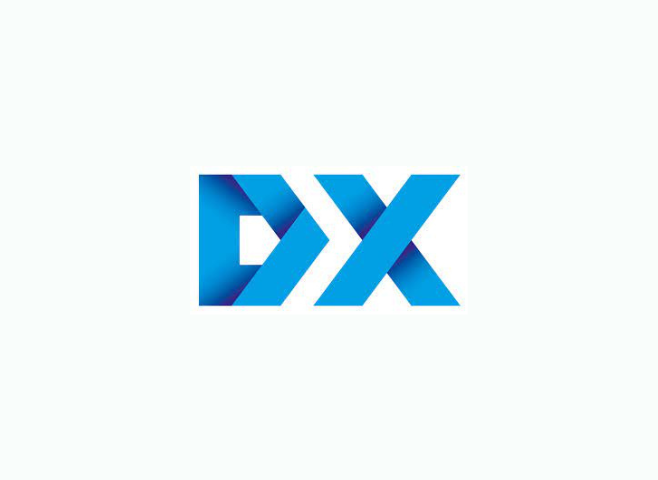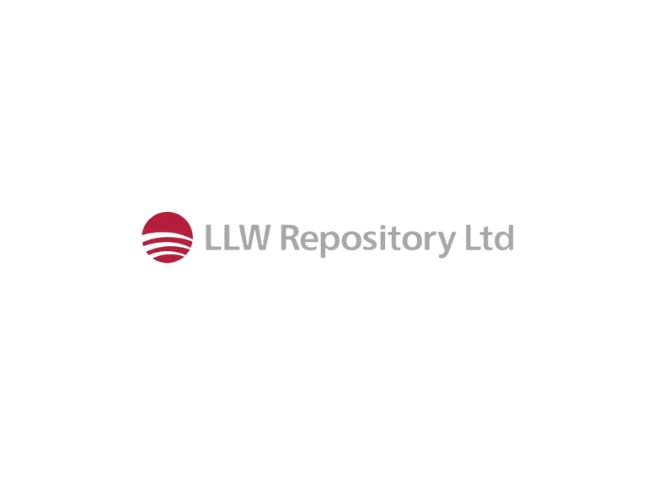Get a quick quote with our pricing calculator
CRM for Transportation & Logistics
Transportation and logistics is a competitive market — and one where the core service offered by many businesses is similar.
Superior customer service can provide your firm the all-important competitive edge it needs to thrive. For this, you’ll need a powerful CRM.
Explore Workbooks’ transportation and logistics CRM solution here.
The Transport and Logistics industry is facing challenges in CRM implementation, including data integration from diverse sources, real-time tracking for timely operations, scalability for seasonal demands, and effective management of a large, mobile workforce. Workbooks CRM addresses these challenges, ensuring seamless integration and optimized performance.
A bespoke CRM and marketing automation platform for transportation and logistics
Turns customer service into a competitive advantage
Optimizes business process to deliver customer value
Provides data insights for intelligent decision making
How does our transportation & logistics CRM work?
Superior Customer Experience
With Workbooks, your customer service team can deliver higher value to customers, from goods collection to delivery.
Workbooks streamlines incident management via customer self-service portals and a multi-channel agent knowledge base. This seamless customer experience builds brand reputation and earns loyal service users in the competitive logistics field.
What you'll get:
- Rapid incident resolution with regular updates
- Automated routing of queries to best-qualified agents
- 360-degree customer activity tracking
Optimized Marketing and Sales
CRM connects transport and logistics businesses across all functions. Align your marketing and sales efforts with Workbooks to manage campaigns, personalize communications and track pipeline activity all in one place.
This renewed visibility provides deeper insights into what works and what doesn’t, helping to inform forecasting and drive new growth.
What you'll get:
- A hub to manage all marketing and sales activities
- Sales lead tracking across multiple channels
- Tailored communications for segmented customer groups
Streamlined logistics processes
Superior customer service is only a competitive advantage for the business that can provide it with ease. Workbooks boosts productivity through agent knowledge sharing and automated routing of queries and other repetitive tasks.
Your team can ensure SLAs are met, manage contracts for different services, and produce and analyze quotes with ease — freeing up time for more strategic priorities.
What you'll get:
- Dashboards to monitor SLAs and manage feedback
- Easy tracking of margins, variable costs and surcharges
- Secure and compliant data handling
Why Workbooks CRM is ideal for growing transportation & logistics businesses
Scaling transport and logistics firms need a fast turnaround onboarding with CRM to keep up with growing demand. Workbooks provides implementation consultancy that targets your specific objectives with the platform. It also offers integrations with any dedicated systems, including ERP and logistics management solutions like OrderWise, SAP, Epicor and more.
As your customer base continues to grow, your firm will need an effective and regulation-compliant system to store, handle, and access customer data. Workbooks is a transportation and logistics CRM built with service providers in mind, offering one-stop visibility on transaction history, transit status, expected delivery, inventory and more.
When business is growing, you may need to scale your CPQ processes to meet demand. With Workbooks, your agents can manage variables across different routes, schedules and currencies and ensure all relevant contract and renewal details are easily accessible. This enables your team to effortlessly produce and analyze quotes.
Transportation & Logistics CRM case studies
Frequently asked questions about Transportation & Logistics CRM
Customer Relationship Management (CRM) in supply chain management refers to the use of digital systems, data and insights to optimize various aspects of the supply chain. This includes everything from quotation to order fulfillment and delivery. CRMs aim to meet customer needs throughout the supply chain process, and improve the customer experience.
Customer experience is important in logistics because it determines whether customers will continue to use your service or not. In the competitive logistics market, the core service offered by providers is similar across the board — so superior customer experience can be the unique selling point that sets your business apart.
SCM refers to ‘Supply Chain Management’, or the planning and optimization of the flow of goods, service, and information to customers. CRM is ‘Customer Relationship Management’, encompassing the management of interactions between provider and customer. Lastly, ERP is ‘Enterprise Resource Planning’, which refers to systems commonly used in manufacturing and logistics for finance, HR activities and more.


